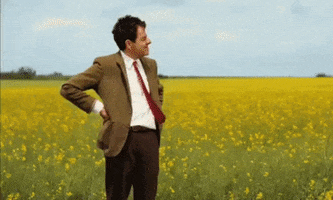ferball
desperately terminally-contrarian
- Jul 24, 2015
- 43,312
- 87,433
- AFL Club
- North Melbourne
BTW as a complete aside for those that post in the MB JHF thread. Tom Lych was booed by Port throughout the 2020 PF and even had a drink thrown over him by a Port supporter at the end. Yet his response to that was to make light of it and not carry on.
Youse might want to point that out iof you can be bothered.
Youse might want to point that out iof you can be bothered.









